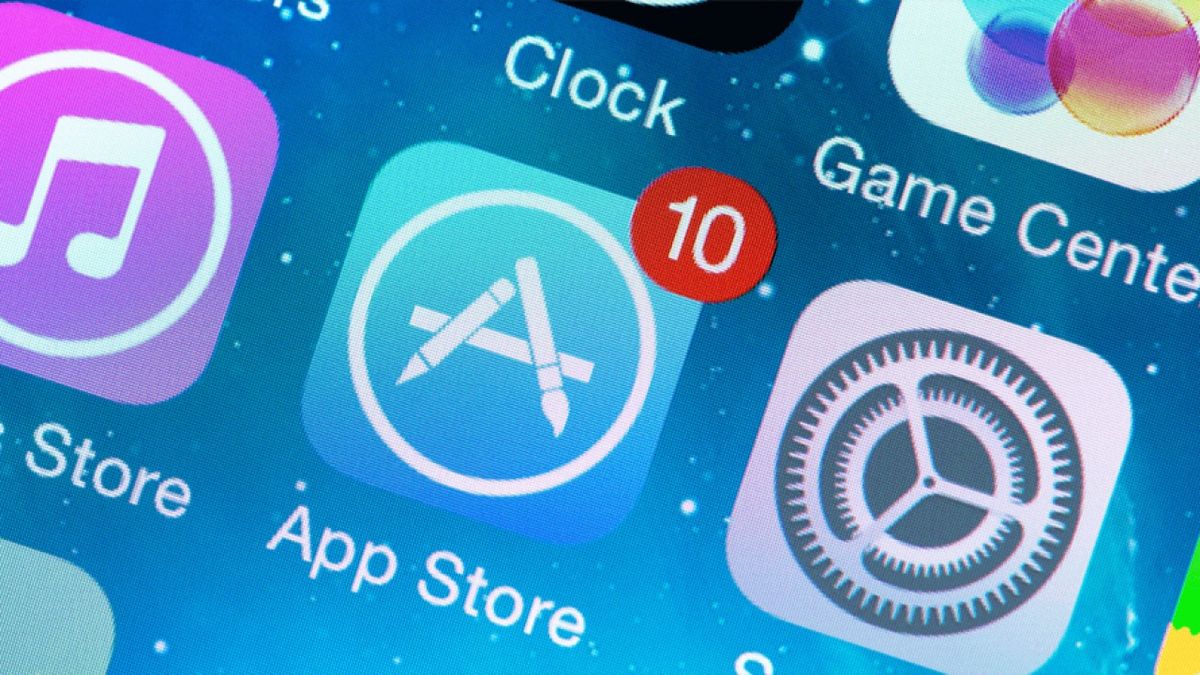
After being blocked from the Apple app store, the new Basecamp Hey email service is now available for download for iOS and iPadOS.
Previously, Hey was only available via an invitation-only preview after two years in development. The new email service is now publicly released after an app update has been released with changes to meet App Store guidelines.
Future updates to the app were initially blocked by Apple due to violations of its terms and conditions. Users who received an invitation to the Hey preview first had to activate a subscription through the Basecamp website. However, Apple did require the company to allow its users to subscribe to the service directly through the app, which would allow the iPhone maker to receive its 30 percent cut in subscription fee.
However, in the end, Apple gave Hey time to create a version of its app that meets its rules, and this new version has now been released. At WWDC 2020, the company also changed its policy to finally allow developers to challenge App Store guidelines.
Hello email
On the pricing page of his website, Hey explains that free email services like Google’s Gmail aren’t really free, as users end up paying by giving up their privacy and personal data. Since the company does not sell ads or collect user data, Hey changes a $ 99 annual subscription fee.
For that price, users get a @ Hey.com address, 100GB of storage space, native apps for Mac, Windows, iOS, Android, and Linux, spy pixel lock, and more. However, if someone wants an ultra-short email address made up of two or three characters, they will have to pay $ 999 or $ 349 per year, respectively.
Another notable feature of Hey email is The Screener. Essentially, when someone sends an email to your @ hey.com address for the first time, they won’t be able to communicate right away. Instead, your message will land on The Screener, where users can decide with a simple yes or no if they want to hear from them or not.
Interested users can download the Hey email app now from the Apple App Store or Google Play Store, and the company offers a 14-day free trial so you can try the service yourself.
Via The Verge